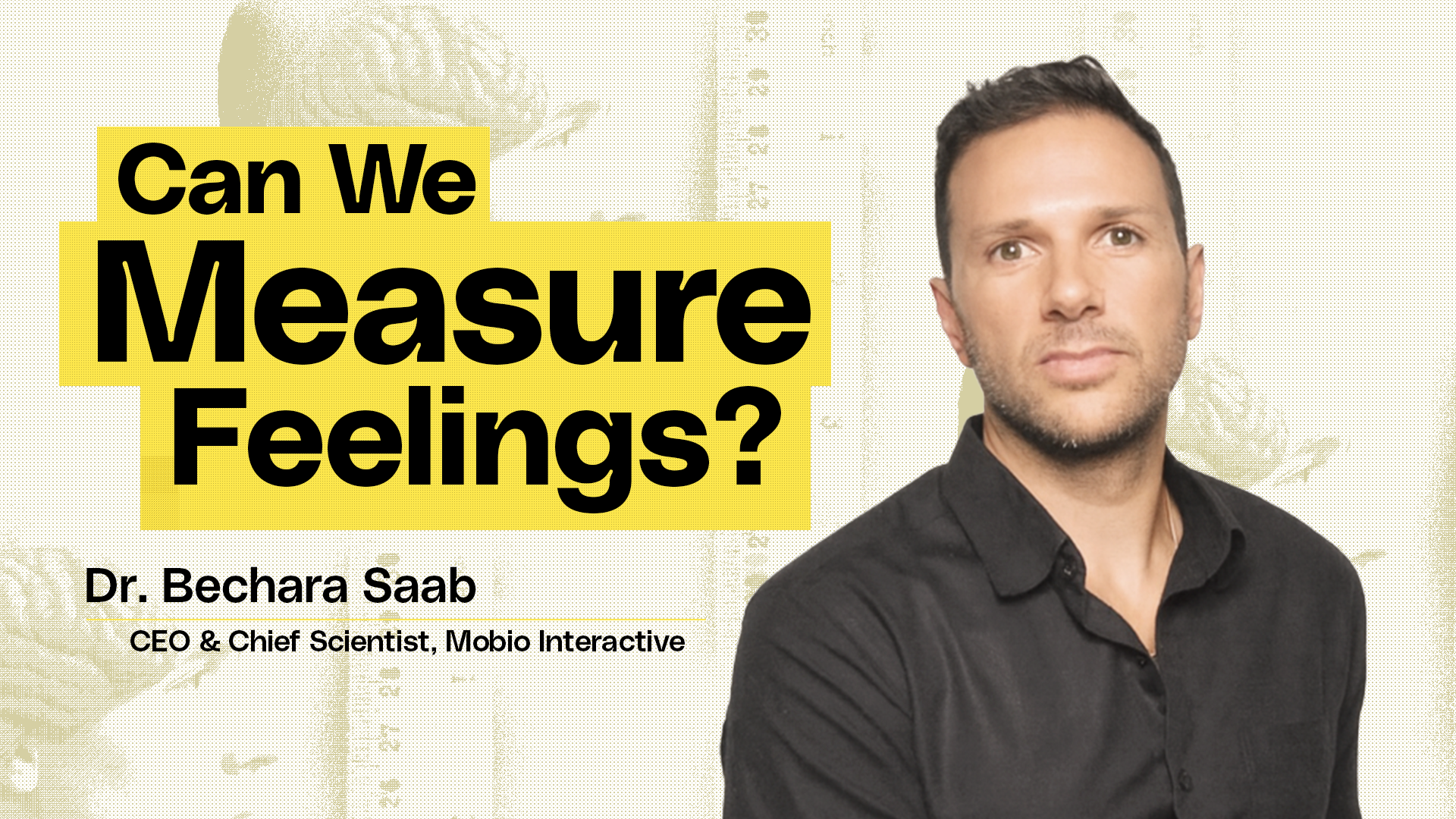
{{big-quote}}
You've just closed your Series A. Congratulations! You're officially part of the "we raised money" club, which means you now get unsolicited advice from everyone and their dog about what to do next.
Top of that advice list? "Get a marketing person."
Your board member, who made their fortune selling enterprise software to Fortune 500 companies in 2003, leans back in their chair and delivers this wisdom with the confidence of someone who's never had to explain why their CAC:LTV ratio looks like a Jackson Pollock painting.
So off you go to hire your first marketing person. And here's where it all goes sideways.
Most founders make one of two classic mistakes: they either hire a junior "social media guru" who promises to make you "go viral on TikTok" (spoiler: you won't), or they splash out on an expensive "VP of Growth" who spent the last five years optimising Google Ads budgets that were bigger than your entire runway.
Both are terrible decisions.
The generalist vs. specialist trap
Here's the thing about first marketing hires: you don't need someone who can do everything brilliantly, and you definitely don't need someone who can only do one thing brilliantly.
You need what is called a "T-shaped" marketer - someone who's got their feet planted firmly in generalist territory but has one deep, proven skill that aligns with your primary growth lever.
As Maya Spivak, former marketing leader at Segment and Wealthfront, puts it: "For a first hire, I favor the T-shaped marketer or someone who has extensibility. So many things can change in the earliest stages of a product. Six months after hiring someone you might decide to change your entire go-to-market motion, or expand your product line, or the pricing and packaging model. You want someone who's going to adapt to whatever change is happening — because it almost certainly will change."
Think of it like this: if your startup were a Swiss Army knife, you don't want someone who's only good with the tiny scissors (that's your specialist), and you definitely don't want someone who knows every tool exists but can't actually use any of them properly (that's your generalist).
You want someone who can competently handle the basics - set up your email marketing, write decent copy, understand attribution, not accidentally blow your entire budget on Facebook ads for cat videos - but who also has one superpower that directly maps to how you're actually going to grow.
Reid Hoffman, co-founder of LinkedIn, reinforces this idea when he says: "Hiring generalists means hiring people who can change directions, refactor priorities, learn something new, and adapt quickly to whatever curveballs the universe throws at them. Part of being a generalist means being aware that trying something new inherently implies making mistakes, and having the resilience to recover rapidly and even more important, learn from those mistakes."
If your growth is going to come from content marketing, hire the person who's built a content engine from scratch. If it's demand generation, find someone who's turned cold prospects into qualified pipeline without needing a $50k monthly ad spend to make it work.
The pure specialist will nail their one thing whilst everything else falls apart around them. The pure generalist will make everything look presentable whilst nothing actually moves the needle, a classic case of chasing squirrels instead of focusing on impact. Both will leave you wondering why you're still having the same revenue conversations three months later.
Don't hire for a rolodex, hire for a playbook
VCs love giving this advice: "Hire someone with a network."
This is spectacularly bad advice for a first marketing hire, especially when you're working with limited resources and need every decision to count.
Here's what happens when you hire for a rolodex: your shiny new marketing hire shows up, makes some introductions, gets you into a few podcasts, maybe lands a speaking slot at a conference. It feels like progress. It isn't.
Three months later, you realise you've got great brand awareness among 47 people who will never buy your product, but you still don't have a repeatable way to generate leads, nurture prospects, or measure what's actually working.
What you actually need is someone with a playbook - a proven, repeatable process for building a marketing function from scratch with the budget you actually have, not the budget they wish they had.
The only three interview questions that matter
Talk me through the last time you built a marketing engine with our budget.
This question cuts through all the bullshit immediately. If they start talking about their time at BigCorp where they had a $2M annual budget and a team of 12, they're not your person. If they can walk you through building something meaningful with $10k a month and two contractors, keep listening.
Pay attention to how they talk about constraints. Great first marketing hires don't complain about small budgets - they get excited about the creative solutions they forced them to find.
What is the first channel you would ignore and why?
This tests for strategic thinking over "boil the ocean" tactics. Everyone and their mother will tell you to "try everything" and "test all channels." This is terrible advice when you have limited resources.
Your ideal candidate should be able to look at your business model, your customer, and your constraints, and immediately tell you what they won't waste time on. If they can't say no to obvious non-starters, they'll say yes to everything and execute nothing well.
How will you know if you're failing after 90 days?
This is where you separate the metrics-driven operators from the vanity-metric enthusiasts. If they start talking about followers, impressions, or "brand awareness lift," run away.
You want someone who can define clear leading indicators that tie directly to revenue. Someone who understands the difference between activity and outcomes. Someone who's comfortable being held accountable for numbers that actually matter to your business surviving.
Drew Houston, founder and CEO of Dropbox, has a perspective worth remembering here: "Don't worry about failure; you only have to be right once." Your marketing hire should embrace this mentality: focused on finding what works, not just avoiding failure.
Getting it right matters more than you think
Your first marketing hire doesn't just execute marketing, they set the DNA for your entire growth function.
Get it wrong, and you'll spend 12 months untangling bad processes, fixing broken attribution, and explaining to your board why your customer acquisition costs look like they're trending towards infinity.
Get it right, and you'll have someone who can build the foundation for everything that comes next. Someone who can hire and train the team beneath them. Someone who can scale systems instead of just adding more budget to broken ones.
Most importantly, you'll have someone who can get you from where you are now to where you need to be for your Series B, with repeatable processes, predictable growth, and metrics that don't require a PhD in creative accounting to understand.
The choice is yours. Choose wisely.
Don’t miss out
Don’t miss out!




.gif)



